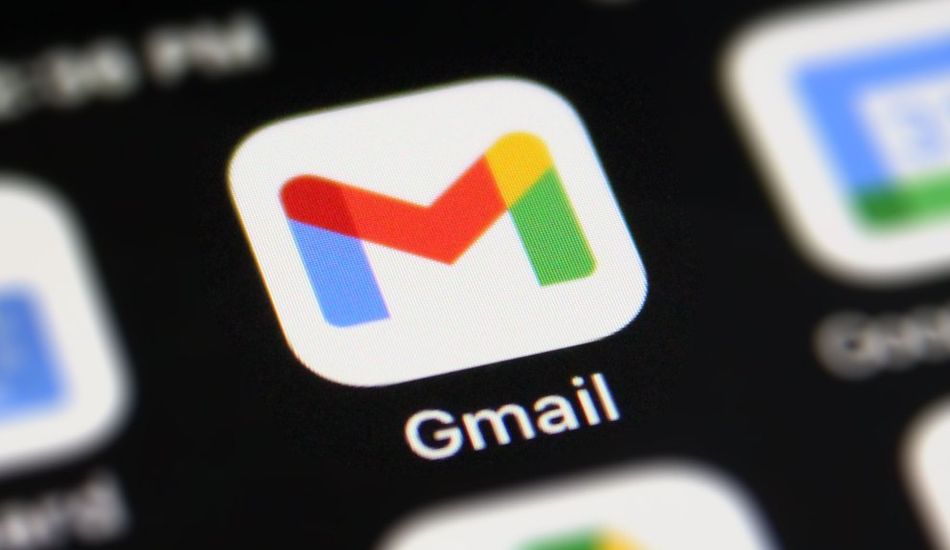
FTC Chair Worried About Gmail Spam Filters: Are They Biased?
So, the head of the Federal Trade Commission (FTC), Andrew Ferguson, is casting a wary eye on Gmail. He's worried that Gmail's spam filters might be biased, specifically against Republican senders. It all started with a New York Post story highlighting complaints that Gmail often marks emails linking to WinRed, a Republican fundraising platform, as spam. However, it doesn't seem to do the same for emails from ActBlue, which is used by Democrats.
Ferguson fired off a letter to Alphabet's CEO, Sundar Pichai, suggesting that if Gmail's filters are indeed blocking Americans from receiving messages they expect or hindering their ability to donate as they wish, it could be a problem. According to him, these filters might be violating the FTC Act, which prohibits unfair or deceptive trade practices. This could potentially lead to an FTC investigation and enforcement action.
Google, of course, has a different take. A spokesperson told Axios that their spam filters use objective signals, such as whether users mark an email as spam or if an ad agency sends a high volume of emails that are often flagged. They claim this approach is applied equally to everyone, no matter their political leanings, adding, "We will review this letter and look forward to engaging constructively.”
Deja Vu All Over Again
It's worth noting that conservatives have often complained about being censored or treated unfairly by platforms like Gmail. In 2023, the Federal Election Commission already dismissed a similar complaint from Republicans about Gmail's spam filters. Also, a federal court dismissed an RNC lawsuit related to these complaints, although the RNC appears to be trying to revive it. It's kind of a 'here we go again' situation.
Recently, a federal judge blocked the FTC's investigation into Media Matters, a left-leaning group, over its research on antisemitic content on X (formerly Twitter). So, you see, everyone's pointing fingers and the political battleground now seems to extend to our inboxes and social media feeds. I think it's important to be aware of these claims, but also remember that there are several factors that contribute to an email landing in your spam folder. I believe that companies need to be more transparent about how their filters work, so people can understand why certain emails end up in spam.
Source: TechCrunch